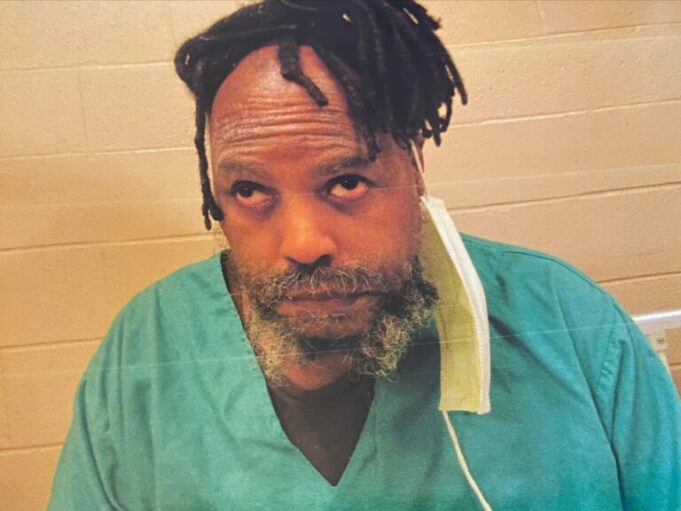By William P. Muhammad
National and international support for incarcerated journalist and former Black Panther Party member Mumia Abu-Jamal is continuing on the streets of cities around the world and in cyberspace. Advocates are calling for his compassionate release citing not only questionable testimonies leading to his 1981 arrest for killing a White police officer, but also for the political nature of the verdict, sentence, his age and ailing health condition behind bars.
“December 9, 1981, Mumia Abu-Jamal gets arrested (and) shot, in a case that changed the world and it impacted us all,” said Gabriel Bryant, moderator of the live rally webcast on various social media platforms from Philadelphia. “That case, in fact, brings us to this moment 40 years later. What does it mean for a man we all know is factually innocent and legally not guilty?” he asked at the opening of the live-streamed event.
Referring to Mumia’s incarceration as an extension of the federal government’s infamous Counter-Intelligence Program (COINTELPRO), which for decades sought to destroy Black liberation leadership and movements throughout the United States, the recent “Free Mumia” event used social media platforms and a network of international supporters to say 40 years as a political prisoner is long enough.
“Mumia is still here today in spite of the many attempts to slowly kill him,” said Sophia Williams, a New York activist and co-host of the Zoom panel including participants from as far away as Europe, the Caribbean and Latin America. “Tonight’s event (is) amazing and will mobilize us to continue taking back the narrative and hitting the streets to win Mumia’s freedom,” she said.
West Coast labor activist and contributor to the panel discussion Clarence Thomas, a retired executive officer with the International Longshore and Warehouse Union Local 10 (ILWU) and the author of “Mobilizing in Our Own Name,” said his organization has been at the vanguard of leading the movement to free Mumia Abu-Jamal and that four decades of confinement, including his successful 2001 appeal to be removed from death row, is the result of remaining vigilant to issues of injustice in America and the world.
“Mumia Abu-Jamal has always maintained his innocence of the murder of Philadelphia police officer Daniel Faulkner, and there are Black Panther members that were part of the Black Liberation movement that have been languishing as political prisoners for more than a half a century,” Mr. Thomas continued.
In addition to criticisms alleging judicial malfeasance, other presenters, both men and women, expressed their concerns over Mumia’s multiple health issues, including liver disease and congestive heart failure, intensified by the global Covid-19 pandemic, while accusing a callous and indifferent prison-industrial complex of gross human rights abuses.
From the input of pundits surrounding the legality of the case to statements from other Americans who have likewise suffered from political persecution in the United States, panelists noted international letters of support from Mexico, Austria, Germany, and France while expressing not only incredulity at what many said is a grave injustice, but also what they called American hypocrisy on the world stage.
“From this 40th anniversary of his arrest, all we can say is this has gone on far too long and the leaders of Pennsylvania and the federal institutions are directly responsible for this injustice and (he) should be released by the authorities,” said Jacky Hortaut, co-coordinator of the French Free Mumia Collective during his live presentation to the conference from Paris.
Speaking through his interpreter, Mr. Hortaut added that French activists demonstrated in front of the U.S. Embassy prior the conference and days later, the mayor of Paris along with European human rights activists are to fortify the embassy protests by honoring Mumia as the first person in 20 years to be recognized as a citizen of Paris at the Paris City Hall.
The live on-line conference closed with a discussion among a wide cross-section of male, female and trans youth leaders representing the next generation of human rights activists from across the continental United States, including Blacks, Whites, Native Americans, Pacific Islanders, and Latinos.













